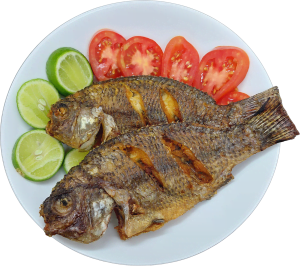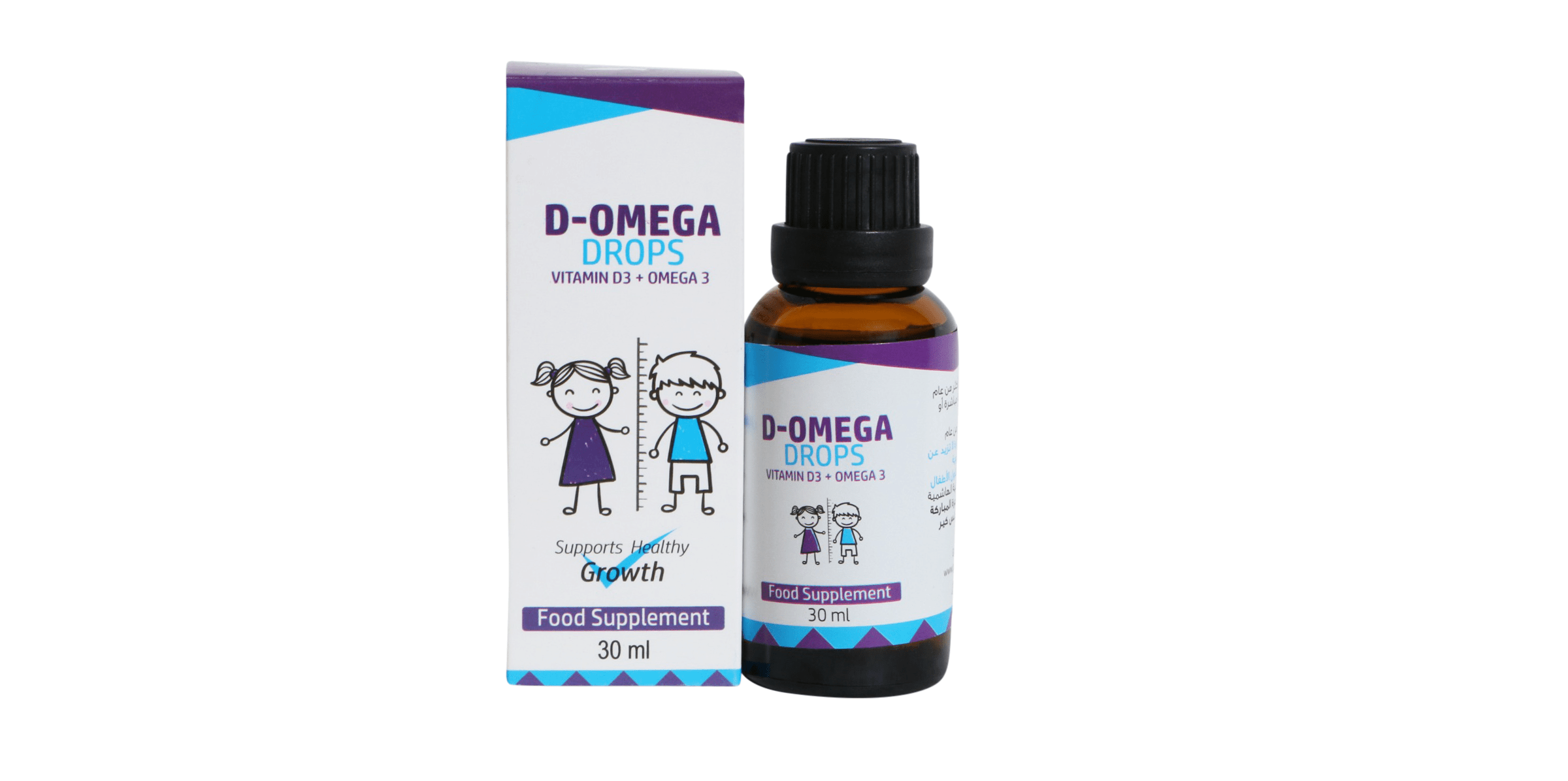In children’s nutrition, one fact stands out: not all kids enjoy the same foods. Some children will gobble down their vegetables without hesitation, while others may need coaxing. Similarly, while some children love the taste of fish, others don’t share this fondness. As a parent, if your child falls into the latter category, it’s worth considering Omega-3 supplements.
Omega-3 fatty acids, primarily found in fish such as salmon, mackerel, and sardines, play a vital role in your child’s development. They contribute significantly to brain and eye health, support the immune system, and can even positively impact mood and behavior. For children who aren’t fish eaters, ensuring they get enough of these crucial nutrients from their diet can be challenging.
The Science Behind Omega-3 Benefits
The assertion that Omega-3 fatty acids are vital for a child’s cognitive development is more than just a general recommendation – it’s backed by substantial scientific evidence. This is one of the key areas where omega-3s have been found to impact children’s cognitive performance and behavior significantly.
One particular study was published in the prestigious Journal of Nutrition. The researchers discovered that children with higher levels of Omega-3 fatty acids in their systems demonstrated notably better learning and memory abilities. This evidence suggests a direct correlation between Omega-3 intake and cognitive abilities in children.
In addition to improved cognitive functions, some studies have indicated that Omega-3s might help manage behavioral aspects. Omega-3 fatty acids, especially DHA, are known to support brain health, and imbalances in these nutrients can lead to behavior and learning difficulties, including disorders like ADHD.
Therefore, the benefits of Omega-3 are multifaceted, contributing to cognitive performance and behavior management. This makes Omega-3 supplements like D-Omega Drops a vital consideration, particularly for children who may not have regular access to fish.
The Challenge of Accessibility and Affordability
While incorporating fish into your child’s diet is an excellent way to supply them with Omega-3 fatty acids, it’s essential to acknowledge that this is only sometimes feasible for some families. For many, living in areas where fresh fish isn’t readily available or where the cost of fish is prohibitively expensive can pose a significant obstacle.
Geographic location and socioeconomic factors can heavily impact a family’s access to fresh, high-quality fish. For those living in landlocked regions far from the coast, fresh fish might be a rarity, often replaced by frozen or canned alternatives that may not have the same Omega-3 levels.
Similarly, economic factors may limit a family’s ability to regularly include fish in their meal planning. High-quality fish, mainly those rich in Omega-3s like salmon, can often come with a hefty price tag, making them an unsustainable choice for many households.
In these situations, finding alternative sources of Omega-3 becomes even more critical. This is where Omega-3 supplements, such as D-Omega Drops, can greatly assist. These supplements offer a practical, cost-effective way of ensuring your child receives the necessary Omega-3 fatty acids for their development, irrespective of geographic location or economic constraints.
While nothing can fully replace a diverse diet rich in whole foods, Omega-3 supplements can help bridge the nutritional gap for those who face barriers in accessing or affording high-quality fish. It’s a helpful solution for families looking to support their child’s nutritional needs in the face of such challenges. Always consult a healthcare provider before introducing new supplements to your child’s diet.
When Your Child Doesn’t Like Fish
So, what can you do if your child isn’t fond of fish, the primary source of these crucial Omega-3 fatty acids? This is where Omega-3 supplements, like D-Omega Drops, come into play.
These drops are an easy way to ensure your child gets the necessary Omega-3 they need, regardless of their dietary preferences. They are tasteless and can be easily added to your child’s favorite foods or beverages. They are also ideal for children with allergies to fish or shellfish, offering a safe way to get necessary nutrients without the risk of an allergic reaction.
Ensuring your child gets adequate Omega-3 fatty acids in their diet is crucial for their overall development. If your child is not a fish eater, consider supplementing their diet with Omega-3 supplements like D-Omega Drops. Omega-3 supplements should be a part of a balanced diet and not a substitute for a diverse, nutritious diet.
Balancing your child’s nutritional needs can sometimes be a challenge. Still, with some creativity and the help of supplements, it’s possible to give them everything they need for healthy growth and development.





